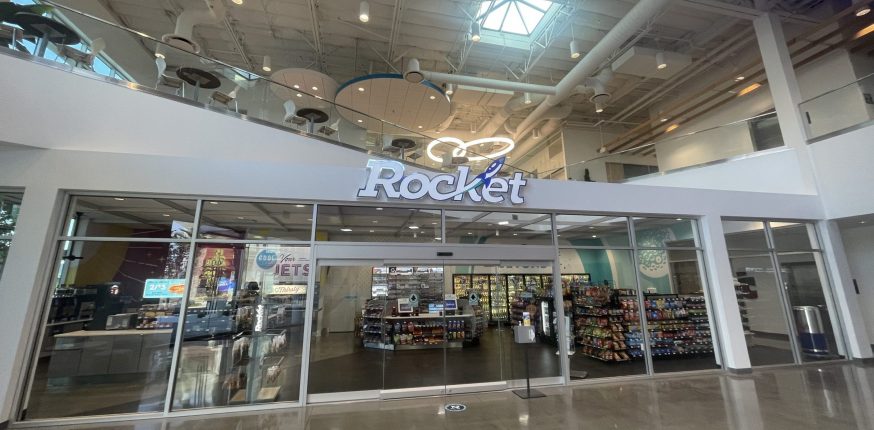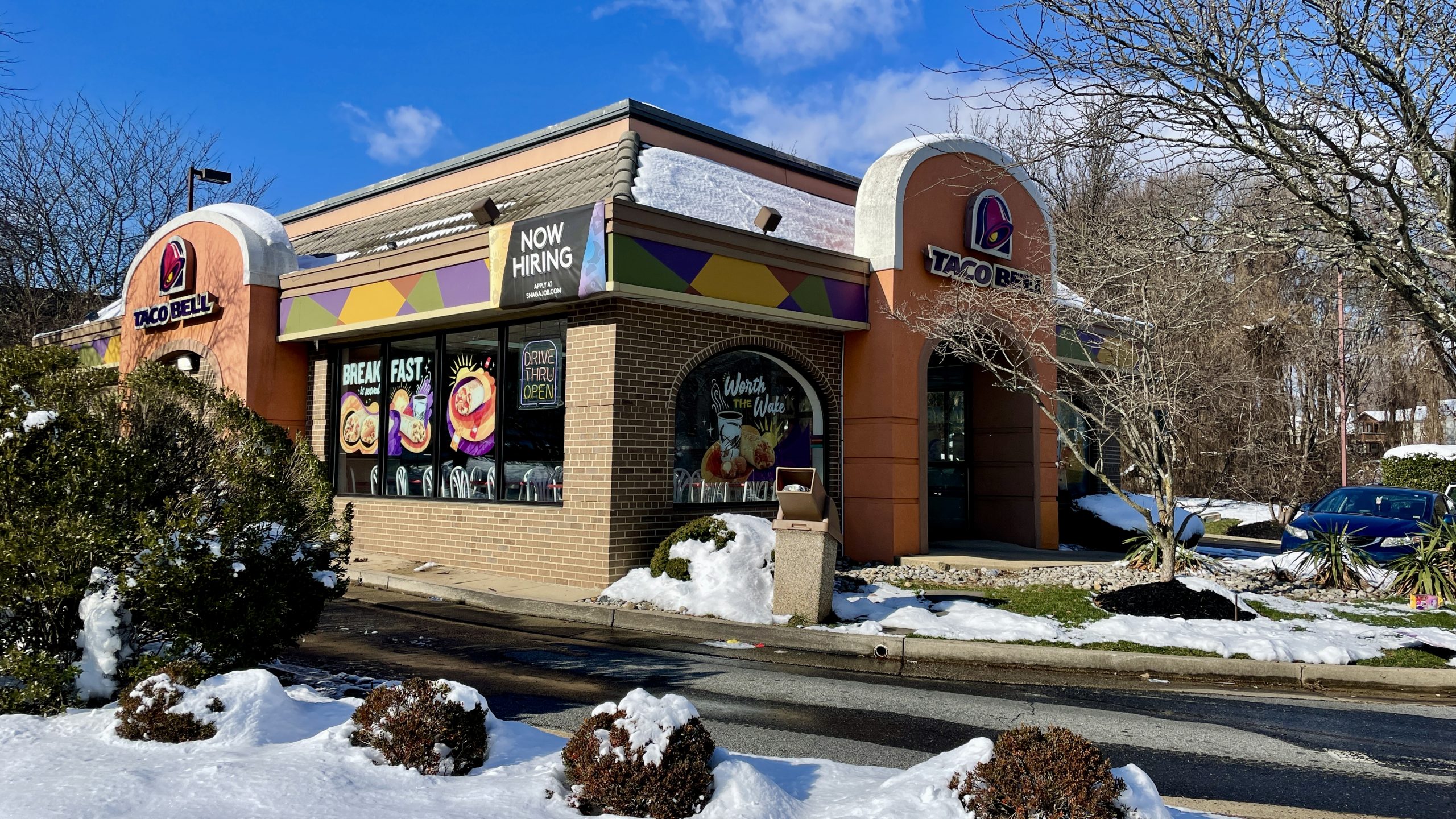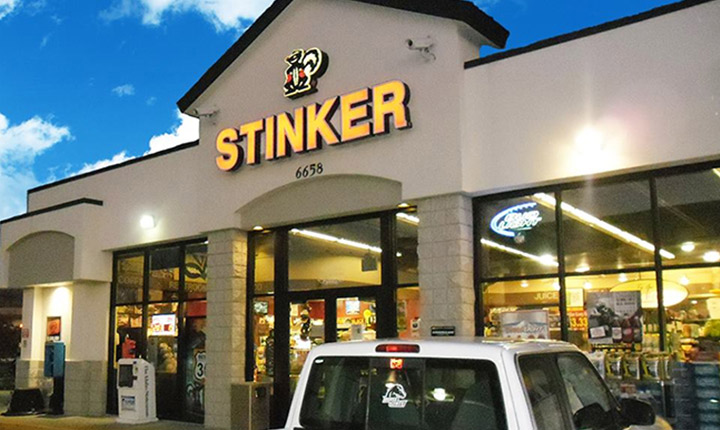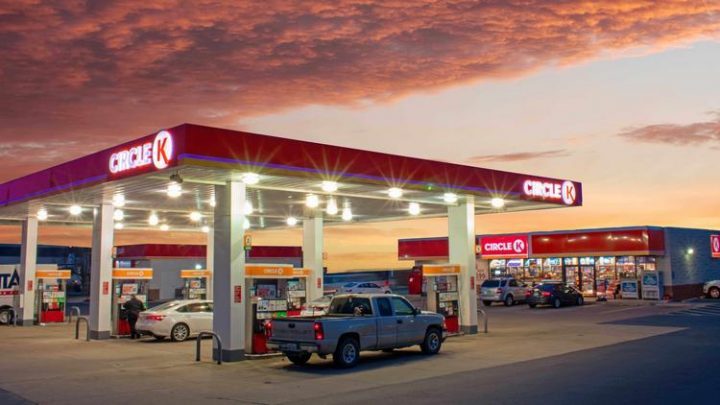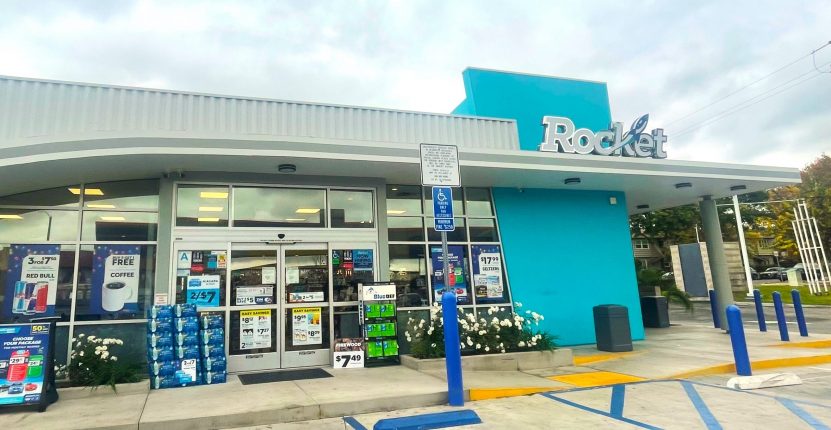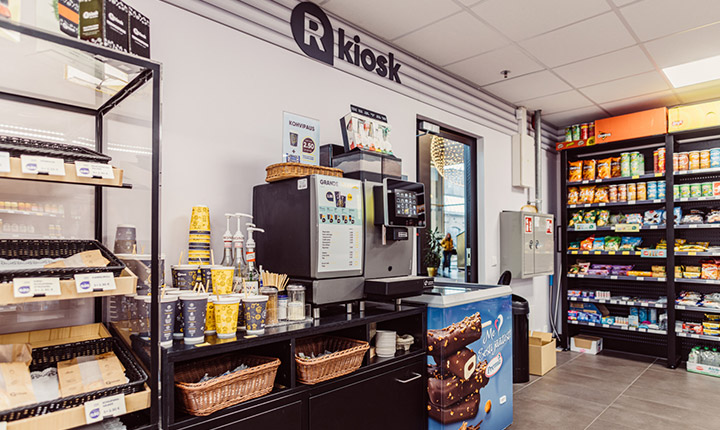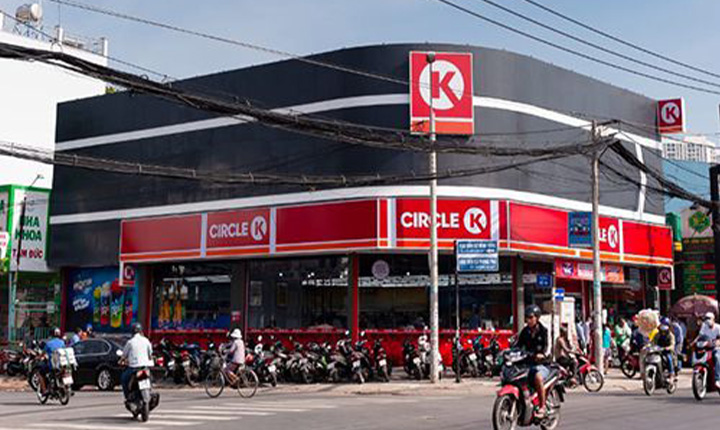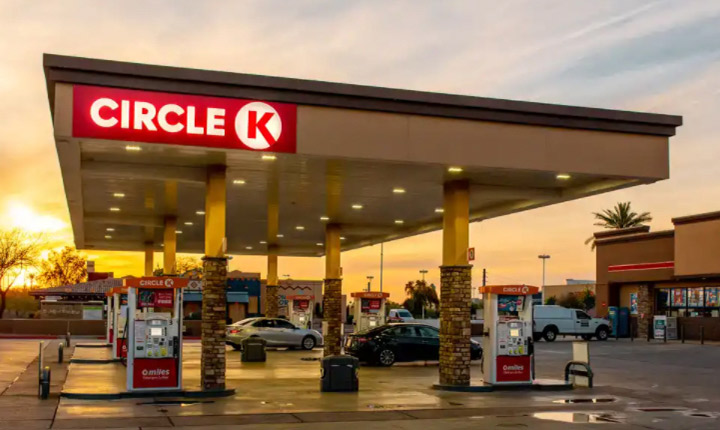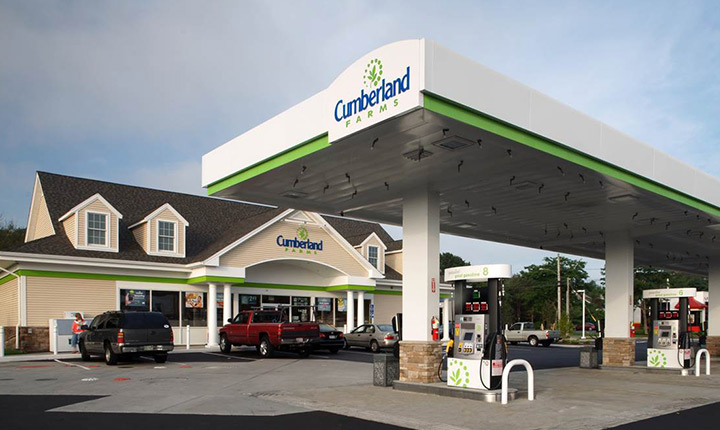If you’re curious about why super apps in China are critical to understand, this article will explain how the digital development of the Chinese economy is driving extraordinary commercial value and customer engagement, not just in their home country, but also quietly and confidently emerging as a key player at least in the mobile payments industry in retail worldwide.
The last decade of digital development has truly transformed the lives of Chinese people, with the two leading super apps – WeChat and Weibo – being used by over a billion and 500 million people respectively every day, and what began as messaging and microblogging sites have separately evolved to become entire ecosystems that Chinese people engage with now for every aspect of their daily lives.
We recently chatted to Matthew Brennan, Managing Director of China Channel and author of the upcoming book “The Story of WeChat: China’s Super App”, to get a better understanding of how these super apps are used by brands and consumers to connect across the entire eco-system of retail, particularly from a digital loyalty marketing perspective.
 WeChat Supports Five Commercial Pillars for Customers – Source China Channel
WeChat Supports Five Commercial Pillars for Customers – Source China Channel
Super Apps Are Super Simple
While our favourite apps for messaging, payments, social media and eCommerce have unfolded in the Western world as separate specialist companies, apps and services, the key difference in China is that these two platforms each offer a single underlying platform that supports the entire range of services in one eco-system. Both platforms are trusted entry points that allow brands and consumers to connect effortlessly, with single-click options to transfer data and payments, eliminating so many of the frustrations we experience.
From simple services such as effortlessly ordering a coffee delivery, to chatting with their friends and families on the messaging and social media feeds, as well as instant access to the latest product launches and exclusive offers from their favourite brands, customers in China are continuously connecting to an entirely personalised and dynamic world of content, and the people and things that matter to them – all on one simple, centralised and trusted platform.
With every step of every transaction (including instant customer support) just one click away, it’s no wonder that user growth and daily engagement rates for super apps continue to explode.

WeChat has been described as the “Home Screen of China”
Building Brand Loyalty in China
Brennan explained how brands are focused on these digital ecosystems so that they can access their membership base, yet they also need a way to build a direct connection with their customers. Tencent and Alibaba effectively own and control the core customer relationship (as the parent companies who own these apps), each operating as a “walled garden” that limits brand access to sensitive customer data and prevents unsolicited or excessive communications. Brand communications on these super apps are typically limited to four times per brand per month, and the platforms also validate which brand profiles are authentic – another great measure that protects customer and increases their overall trust.
In early 2017, Tencent launched an exciting concept called “mini-programs” – which essentially offer users extended features and functionality from each brand, with the same benefits of using a separate app, but instead simply embedded in the super app. So users never need to leave the platform or download the brand’s own app. It saves time, phone space, and eliminates the biggest barrier that can often prevent brands and consumers ever connecting.
Consumers can find out about a brand’s mini-program in any of the following ways:
- Search for the “mini-program/app’ with WeChat itself, then follow the official brand account. These official accounts are essential for brands to create and share their content, with users now expecting this re-assurance and validation before they engage.
- Social sharing of mini-programs is heavily incentivised and popular, leveraging the network power of social media behaviour to prompt users to share their favourite mini programs with friends and family.
- Offline in store: QR codes are the ingenious solution to China’s cultural challenges of multiple languages and complex alphabets, and are understood even in less developed parts of the country where many people may still be unable to read. The simplicity of scanning a graphic has been used consistently over the least ten years, so the approach is universally understood and accepted.
As an example of how useful these mini-programs can be, some months after launch, Brennan shared his ten favourites, which included useful services such as translating from english to mandarin, or vice versa!
 Mini-Programs are used extensively – for example translation within WeChat
Mini-Programs are used extensively – for example translation within WeChat
Once installed, the mini-program gives brands the flexibility they need to run extensive marketing activity. From a loyalty perspective, while points-based programs are still widely used (such as the McDonald’s example below), many Chinese consumers still primarily prefer discounts as a result of their shopping culture which traditionally encouraged active negotiation.
We discussed the importance of member discounts in our loyalty article where we reviewed Alibaba’s VIP programme, which offers increasing levels of discounts at varying tier levels to paying subscribers. Perhaps most famously, Brennan mentioned how China’s digital super apps have been the key channel driving the many online shopping festivals running year-round, which savvy Chinese consumers love. Most famously, the November 11th ‘singles shopping day’, has now become the largest offline and online shopping day in the world.
From a loyalty strategy perspective, we also discussed how digital brands such as Luckin Coffee, the Starbucks-challenger brand, make extensive use of simple games, social sharing and referral programmes, as we discussed previously, but still relies heavily on coupons and instant rewards to drive its activations and ongoing engagement for stores.
Luckin Coffee is one of the retail stores that are completely cashless, as we discussed in our previous article, and Brennan shared some fascinating reasons for this from his own research, with almost half of Chinese customers admitting they simply “no longer carry cash”. They know that the super app mobile payment services (Alipay and WeChat Pay) will work everywhere.
 Mobile Payment Options in 7-Eleven China
Mobile Payment Options in 7-Eleven China
It’s worth noting that while China is leading this mobile payments revolution, in the US, the importance of choice is seemingly still essential, with customers and regulators in the US earlier this year forcing leading retailers including both Sweetgreen and Amazon Go, to actually reverse their cashless policies and accept cash in their stores.
Data Protection:
Another critical understanding needed to effectively run any loyalty programme is clear guidelines on how individual countries expects brands to manage their customer’s personal data. With vastly different expectations and guidelines in the US and Europe, I was curious to know what’s required in China.
Data protection in China is covered by recent legislation introduced in 2017 to protect Chinese consumer, known as the “China Internet Security Law” which Brennan describes as “not as strict as GDPR, but stronger than the approach in the US”.
McDonald’s Loyalty Programme in China:
While it seems that many retail brands still issue plastic loyalty cards in China, the super apps are clearly paving the way for exclusively digital programmes. Launched in 2018, McDonald’s China already boasts over 75 million members of its loyalty programme, and in May 2019 announced they had fully integrated it with Alibaba’s delivery platform Ele.me.
Users of the massive delivery service can join McDonald’s loyalty programme with just one click and instantly enjoy a generous reward of vouchers worth RMB 88.5 ($12.80). It’s a superb example of “new retail” with McDonald’s loyalty programme in China now rewarding customers for their purchases across all their channels equally. And who doesn’t love one-click registration!?
I found it exciting to discover that McDonald’s has chosen China as the first global market to launch its full loyalty points programme, whereas elsewhere it still only rewards McCafe customers, not restaurant diners, despite rumours and promises in the past few years in both the US and UK.
Other global restaurant chains quoted as linking their loyalty programme to the Alibaba delivery platform include Burger King, Dairy Queen and Papa Johns “all of which reported higher sales in the 30 days that followed their launch.”
 McDonald’s China Loyalty Programme now rewards in-store, online, and delivery & collection orders equally.
McDonald’s China Loyalty Programme now rewards in-store, online, and delivery & collection orders equally.
Chinese Platforms – Beyond China
With such powerful features and engaged users, it’s not surprising that convenience retailers around the world are increasingly accepting both Alipay and WeChat, including 7-Eleven in Canada, Malaysia and Singapore among others. The global expansion is being described as a service for Chinese tourists as they travel around the world, however with the sheer simplicity on offer in these super apps, I for one would be only too happy to sign up if/when they are available in lieu of the library of services I use currently. I love the simplicity and sophistication they offer and clearly there are lessons to be learned and leveraged no matter where we are around the world.
About Us:
Liquid Barcodes is a leading global loyalty and digital marketing technology company specialized for the convenience store and foodservice industries. Our proprietary cloud-based technology platform allow retailers to create and manage their digital marketing campaigns with a proprietary process we call the “customer connection cycle’ to engage, promote and reward customers activities in real-time across digital and media channels.
How we do it:
We have developed the most advanced loyalty and digital marketing technology platform specifically for convenience store and foodservice retailers globally.
Retailers use our self-service dashboard to create and manage loyalty driven marketing campaigns that increase purchases with their existing customers, as well as effectively target and acquire new customers through partners or paid media channels.
One core component of live loyalty is gamification. We have gamified branding, loyalty and promotions. We believe this approach is essential in order to get customers’ attention and ultimately truly engage them with repeatable actions thereby winning their loyalty.
Check out some of our exciting/proven results here:
About Me:
Chief Content Officer, Liquid Barcodes and Independent Loyalty Consultant
With over twenty-five years marketing experience, I specialise in loyalty marketing consulting, managing consumer loyalty propositions, strategy and operations. In addition to working with Liquid Barcodes, my clients have included Telefonica O2, Three Mobile, Electric Ireland, Allied Irish Bank and The Entertainer, as well as Avios – the global points currency for some of the world’s top airlines. I am also a judge for the Loyalty Magazine Awards.
—————————————————————————————–



